On the afternoon of October 29, continuing the discussion session at the National Assembly hall, Deputy Prime Minister Pham Thi Thanh Tra explained and clarified many issues of concern to National Assembly deputies regarding the operation of the two-level local government model and salary reform.
The apparatus has been operating basically stably, smoothly, continuously and has been recognized by the people.
Deputy Prime Minister Pham Thi Thanh Tra recalled the historical context, when Vietnam's administrative system had been operating for 80 years under a 4-level government model, including the central government and 3 local levels.
Therefore, the transition to a two-tier model at the local level is not simply a rearrangement of the apparatus, but a real "revolution", a radical and comprehensive change from the philosophy of organizing power, institutions, local governance, to thinking about civil service personnel and operating methods, roles, positions and relationships between levels of government as well as development goals.
This change is urgent and necessary, in line with the general trend of the world and the country's development goals in the new period.
The Deputy Prime Minister emphasized: "We have fundamentally changed, from administrative management to creative management and serving the people; from a passive state to proactive local governance. This is the foundation and root of extremely important for implementing modern national governance, for the goal of development and happiness of the people."
This revolutionary transformation requires a corresponding change from the entire political system and the team of cadres, civil servants and public employees.
According to the Deputy Prime Minister, first of all, we must make a revolution for ourselves in terms of ideology, psychology, thinking, perception, working style, working methods, public service spirit and public service culture.
Compared to the 80-year history of the old model, 4 months of operating a two-level local government is a very short period of time. Therefore, according to the Deputy Prime Minister, the initial difficulties, problems and shortcomings are understandable and can be shared.
The Deputy Prime Minister emphasized that there must be no haste or perfectionism, but also no slowness or loss of opportunity. The motto of action must be "doing, adjusting, and perfecting" in all aspects so that the new model can operate best.
After 4 months of implementation, despite facing many challenges, we have achieved great results.
The greatest success has been the revolution in "rearranging the country" and reorganizing the state administrative model. The system of institutions and policies has been issued in a synchronous and comprehensive manner, with timely administrative guidelines to remove obstacles for localities.
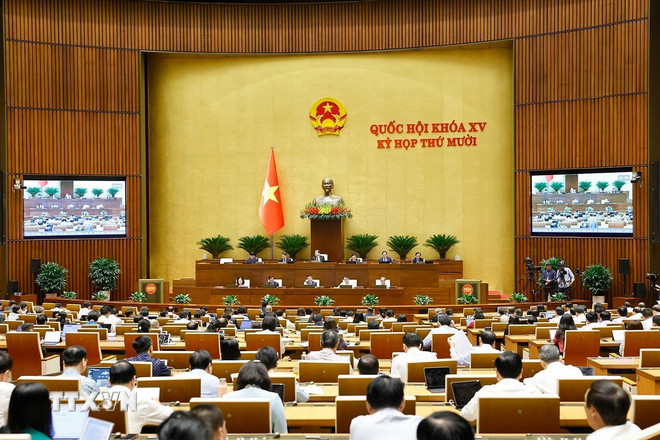
Deputy Prime Minister Pham Thi Thanh Tra especially acknowledged and highly appreciated the efforts of the local political system. In the fast-paced, urgent working conditions, "running and queuing at the same time", the companionship, synchronization and determination from the central to local levels helped to complete a "huge" amount of work.
Up to now, the apparatus has been operating basically stably, smoothly, continuously and has been recognized by the people. Many localities have had creative, flexible and timely ways to solve arising problems, bringing about clear results.
To continue to improve and enhance operational efficiency, the Deputy Prime Minister pointed out 6 key groups of solutions.
First of all, we need to focus on perfecting the institutional and policy system. The National Assembly has been making efforts to promulgate a series of relevant laws.
The Government will continue to direct the completion of core issues on organizational structure, staffing, classification and standards of administrative units, striving to basically complete the institutional system by the end of 2025, based on lessons from practice. At the same time, build a team of cadres, civil servants and public employees to meet the requirements, especially at the commune level.
Taking note of delegates' opinions on the situation of commune-level officials being "both redundant and lacking," with some places not being suitable for their expertise, the Deputy Prime Minister said that based on a synthesis, the number of officials is not lacking, but needs to be restructured.
The immediate solution is that the Ministry of Home Affairs will complete the job position framework, as a basis for assigning official positions for the 2026-2030 period.
Localities need to proactively review, evaluate, and restructure their staff, possibly recruiting or transferring officials from the provincial level to positions that are still weak, such as finance, land administration, environment, and information technology. At the same time, the Government will develop a project to train and develop a team of communal-level civil servants by 2030.
The Deputy Prime Minister also emphasized the need to review and supplement the planning and development plans of each locality; increase resources and design financial mechanisms suitable for the new model. This is a fundamental requirement, both urgent in the short term and strategic in the long term.
In addition, it is necessary to promote digital transformation, apply artificial intelligence (AI) to public services, build e-government and digital government. Although there have been positive changes, technology infrastructure is still limited, so both the Government and localities need to prioritize investment in this field and spread the movement "All people learn digitally."
Localities must promote proactiveness, focus on handling issues arising within their authority, especially in handling public assets, reforming and simplifying administrative procedures, and avoiding a passive and waiting mentality.
The Deputy Prime Minister also emphasized the need to innovate governance methods, focusing on creating development and serving the people. This is not only the goal of building a government close to the people, but also the driving force to create development for the country in the new period.
Regarding the organization and staffing, the Deputy Prime Minister said that the Government is completing the report to the Politburo to have a basis to determine the official model.
Regarding decentralization and decentralization ratio, the Government is re-evaluating the feasibility of decentralization and hopes that localities will specifically reflect on inappropriate points for timely adjustment.
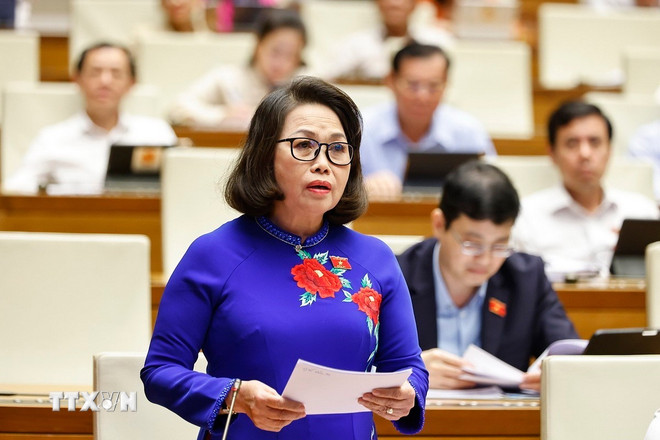
Regarding the issue of salary policy reform, Deputy Prime Minister Pham Thi Thanh Tra said that this is being implemented methodically, thoroughly grasping the spirit of the important conclusions of the Politburo, including Conclusions No. 83, 187 and 192 of the Politburo.
Currently, the Government is focusing on developing a comprehensive project, expected to report to the Central Government in the first quarter of 2026. After the project is approved, a specific implementation plan will be developed with a roadmap and appropriate steps, ensuring synchronization with the overall administrative reform, commensurate with the growth rate and scale of the economy, as well as in accordance with the payment capacity of the state budget to ensure policies for the team of cadres, civil servants and public employees.
"Salary reform cannot be implemented immediately. This is a process that requires careful, prudent, fundamental preparation and step-by-step implementation," said the Deputy Prime Minister, emphasizing that the reform roadmap must be reasonable and based on the actual payment capacity of the state budget.
National Assembly delegates propose early adjustment to increase basic salary
Previously, discussing in the hall, delegate Tran Quoc Tuan (Vinh Long) said that after nearly 4 months of implementing the two-level local government model, the administrative apparatus is "lighter in terms of focal points but heavier in terms of work." Civil servants at the grassroots level have to work further, take on more tasks but their income has not improved.
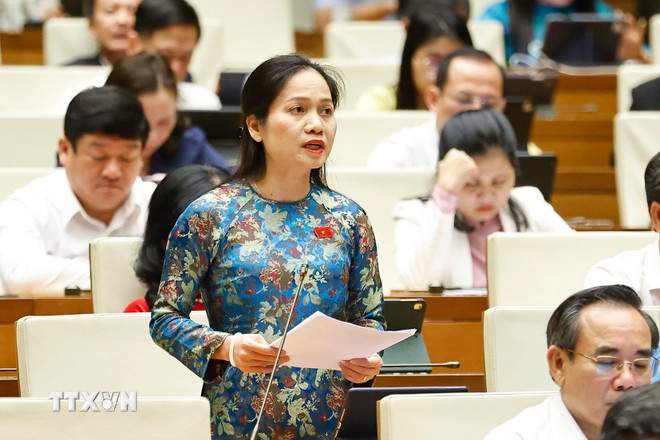
According to the report summarizing voters' recommendations, many commune officials have to travel 10 to 15 km to reach the new headquarters, while travel and public service allowances have not been adjusted; grassroots officials are shouldering more work due to staff reduction but their income has not increased, affecting their psychology and work efficiency. From there, it is recommended that the Government have a support policy for officials in the merged area.
Delegates believe that improving the lives of officials means improving the quality of the apparatus, so they recommend that the National Assembly and the Government adjust and increase the basic salary from January 1, 2026.
Also giving his opinion on this issue, delegate Mai Van Hai (Thanh Hoa) assessed that the arrangement of the apparatus and implementation of two-level local government is a comprehensive reform, but still faces difficulties.
Some places have transferred staff but there is still a surplus or shortage, especially in mountainous and border communes. Many localities lack human resources with expertise in land, construction, accounting, and information technology; the capacity of some staff does not meet the requirements.
Information technology infrastructure and digital transformation are still limited; the national public service system is sometimes overloaded and slow in processing procedures. The arrangement of headquarters in some places is unreasonable and wasteful. Officials and civil servants have to shoulder a large workload and are under high pressure, but the policies have not improved.
Delegates suggested that the Government re-evaluate the decentralization and delegation of power to communes, wards and special economic zones to adjust to the new model; promptly determine job positions and develop appropriate salary policies; need to have preferential policies so that commune officials and civil servants can work with peace of mind, and at the same time have a mechanism to screen and replace those who do not meet the requirements.
Delegates also recommended increasing investment in digital transformation infrastructure and information technology, while training and fostering skills for officials and civil servants to improve the efficiency of administrative procedure settlement./.
Source: https://www.vietnamplus.vn/tiep-tuc-hoan-thien-mo-hinh-chinh-quyen-dia-phuong-2-cap-chuan-bi-cai-cach-tien-luong-post1073596.vnp


![[Photo] Prime Minister Pham Minh Chinh chaired a meeting to discuss solutions to overcome the consequences of floods in the central provinces.](https://vphoto.vietnam.vn/thumb/1200x675/vietnam/resource/IMAGE/2025/10/29/1761716305524_dsc-7735-jpg.webp)
![[Photo] Hue: Inside the kitchen that donates thousands of meals a day to people in flooded areas](https://vphoto.vietnam.vn/thumb/1200x675/vietnam/resource/IMAGE/2025/10/29/1761738508516_bepcomhue-jpg.webp)

![[Photo] Prime Minister Pham Minh Chinh chaired a meeting to evaluate the operation of the two-level local government model.](https://vphoto.vietnam.vn/thumb/1200x675/vietnam/resource/IMAGE/2025/10/29/1761751710674_dsc-7999-jpg.webp)



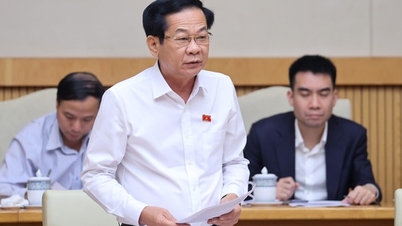

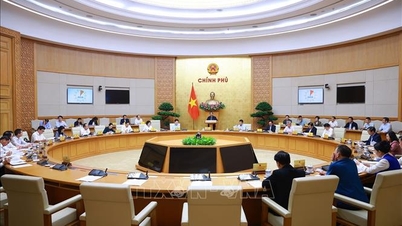

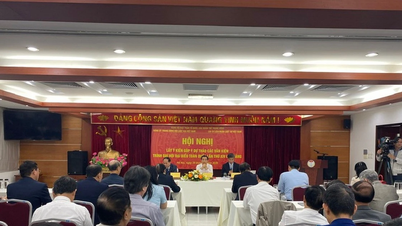
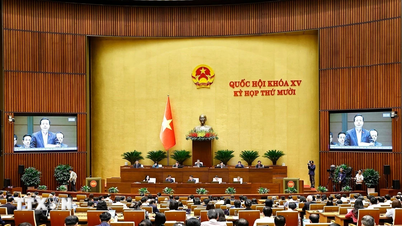

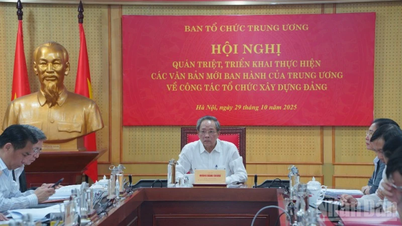



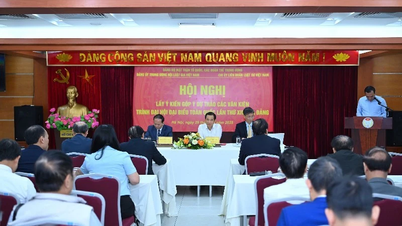
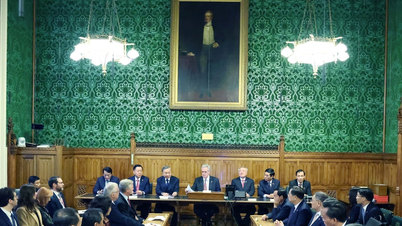
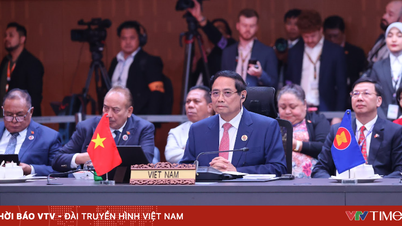
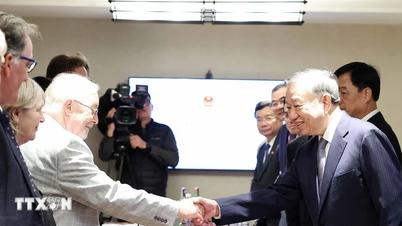






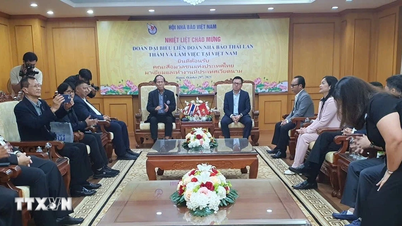

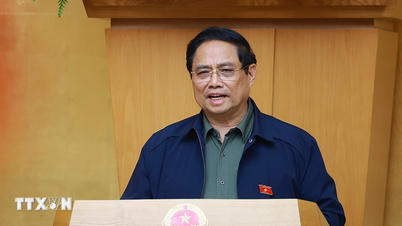
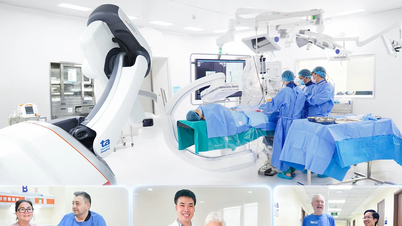



































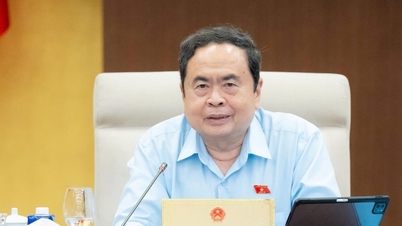

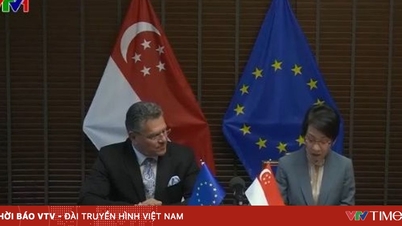
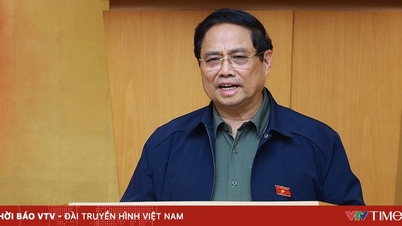
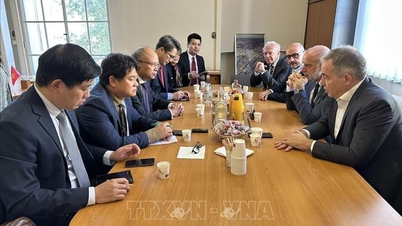
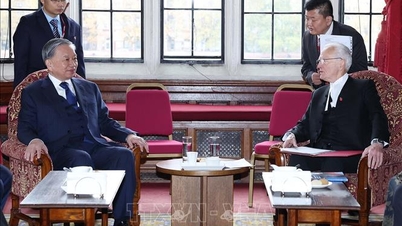
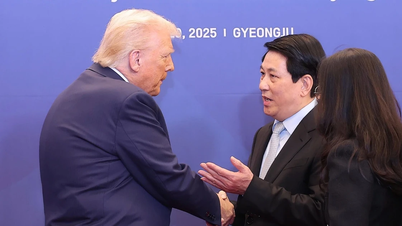


![[Live] Concert Ha Long 2025: "Heritage Spirit - Brightening the Future"](https://vphoto.vietnam.vn/thumb/402x226/vietnam/resource/IMAGE/2025/10/29/1761743605124_g-anh-sang-am-thanh-hoanh-trang-cua-chuong-trinh-mang-den-trai-nghiem-dang-nho-cho-du-khach-22450328-17617424836781829598445-93-0-733-1024-crop-1761742492749383512980.jpeg)



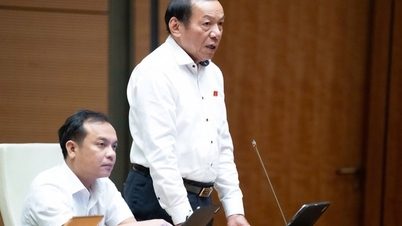
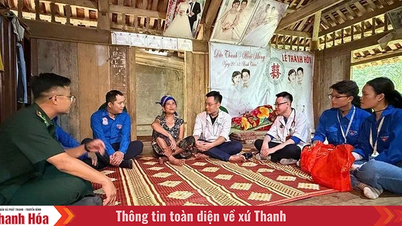







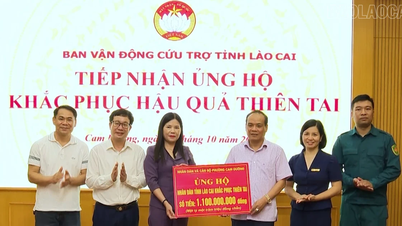

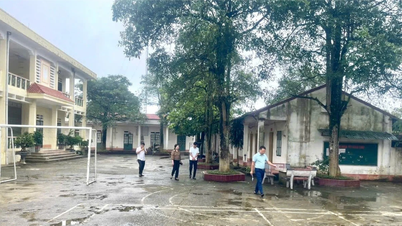















Comment (0)